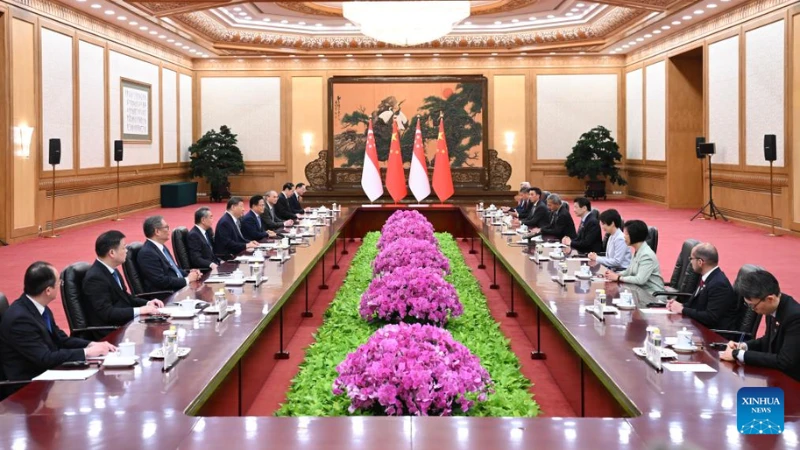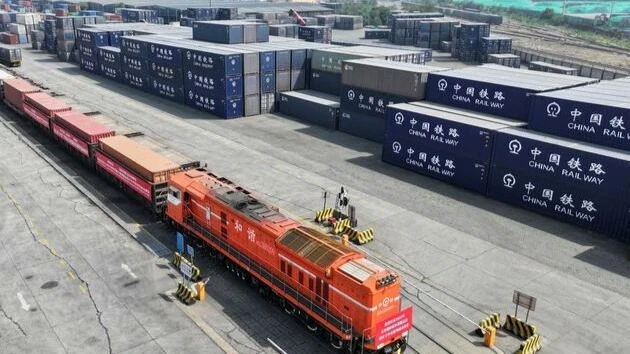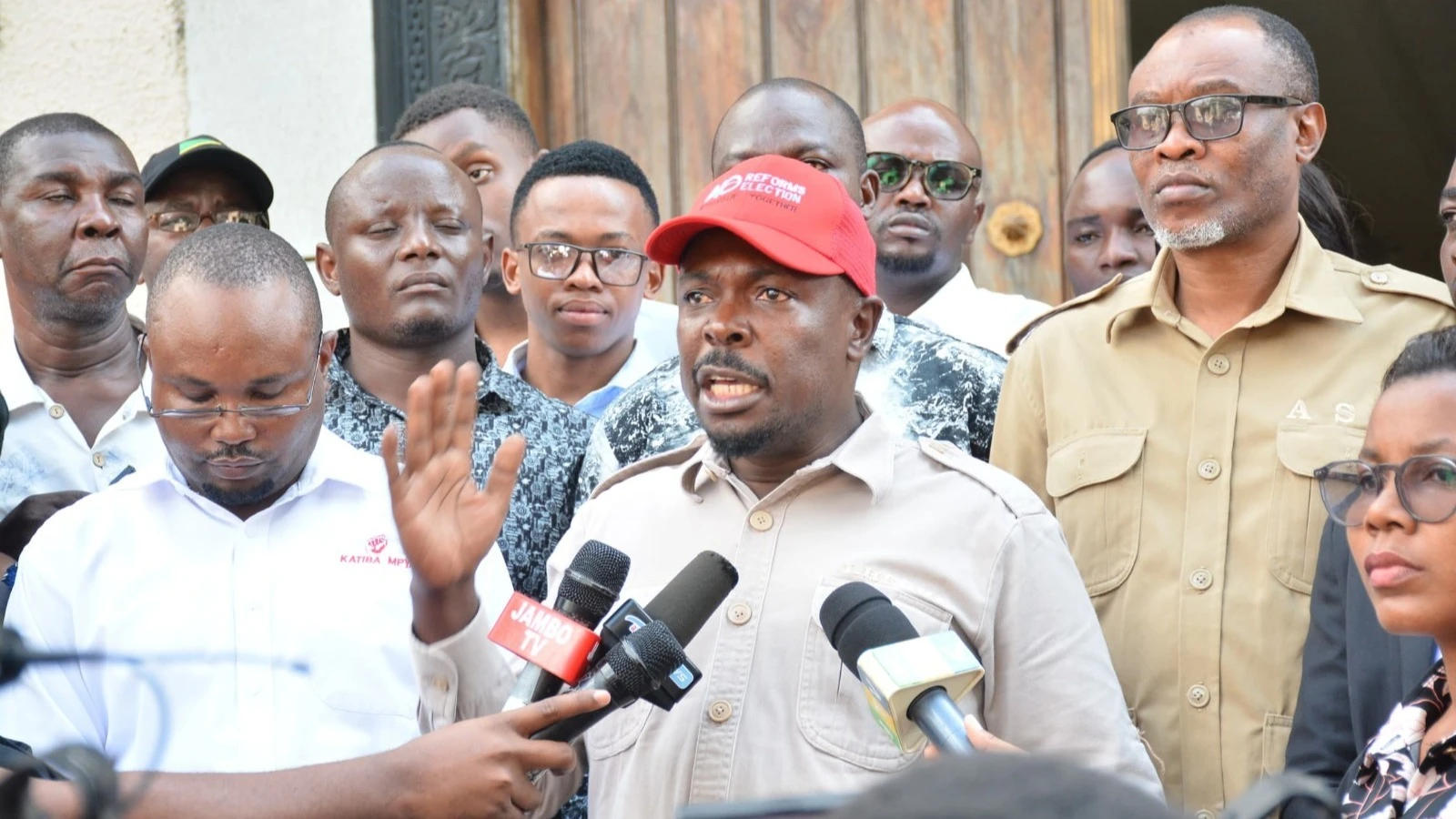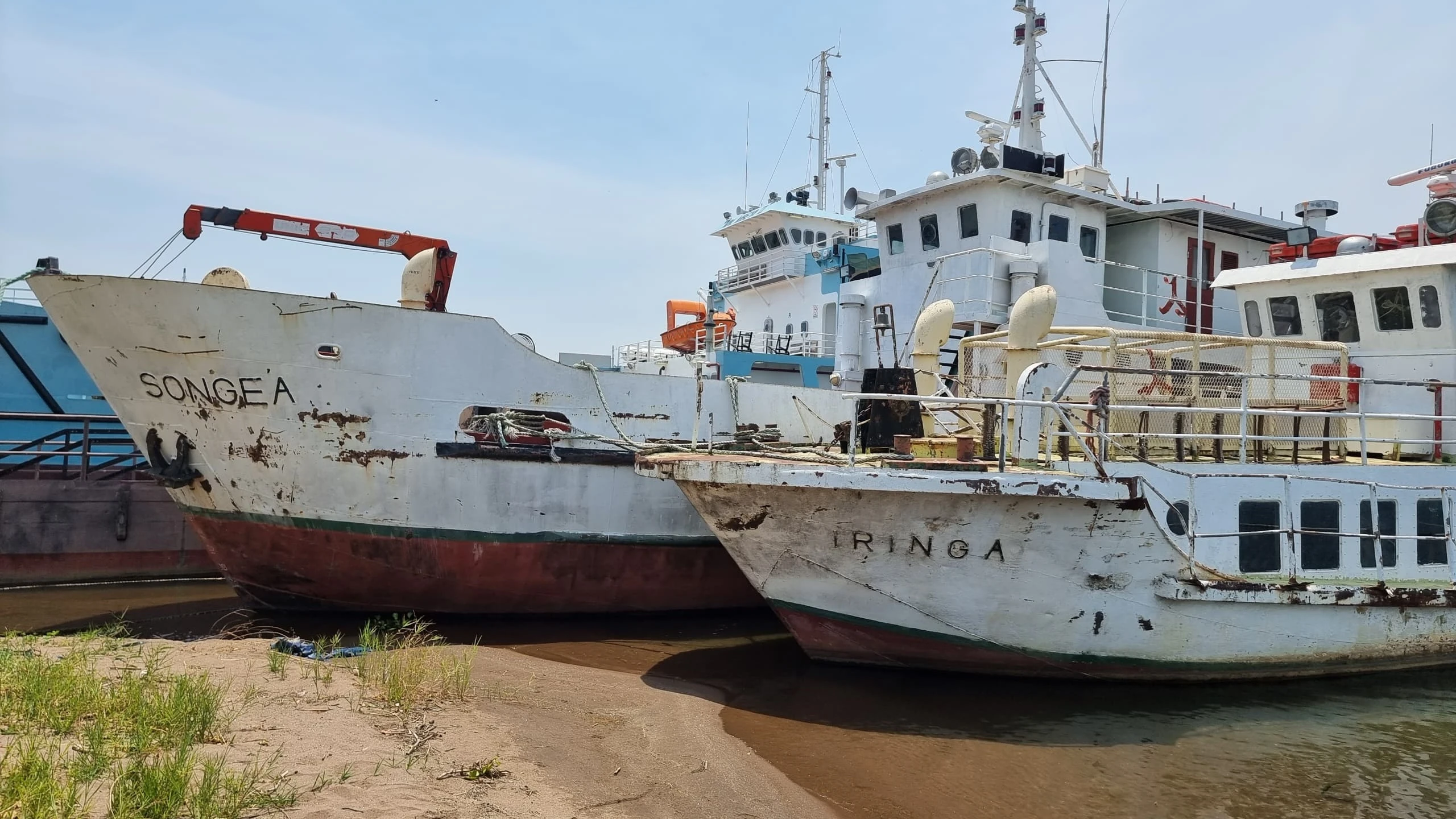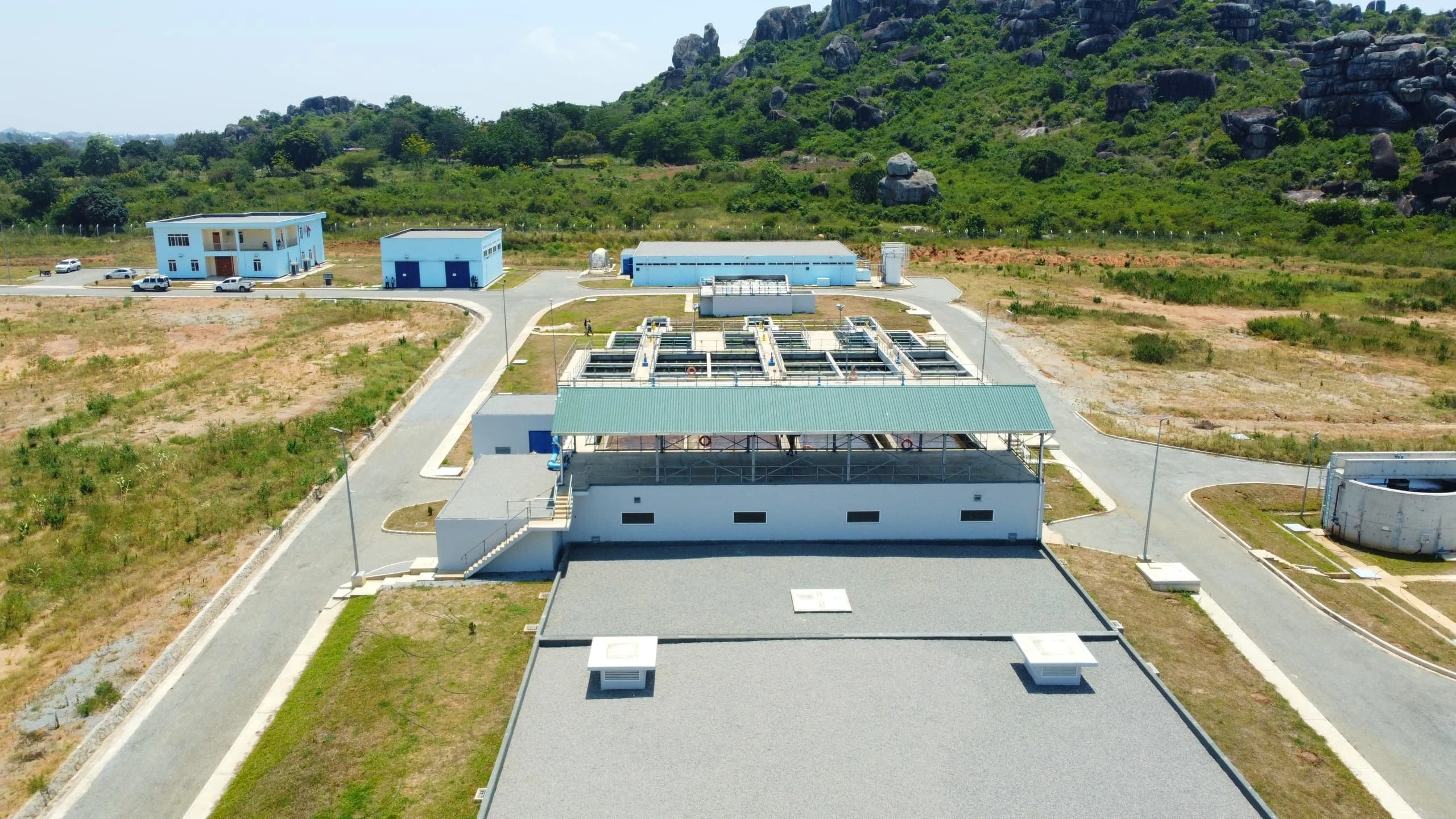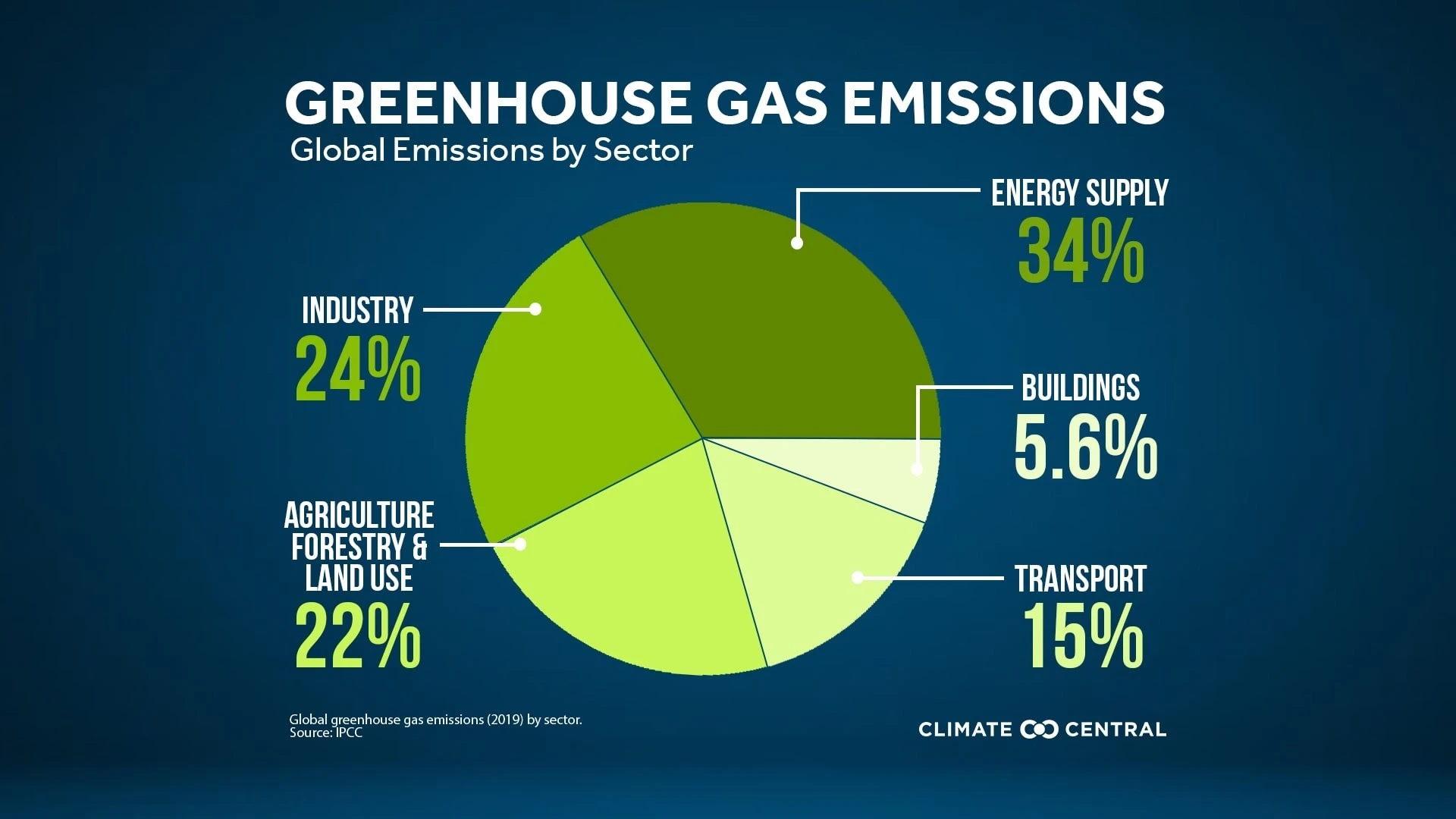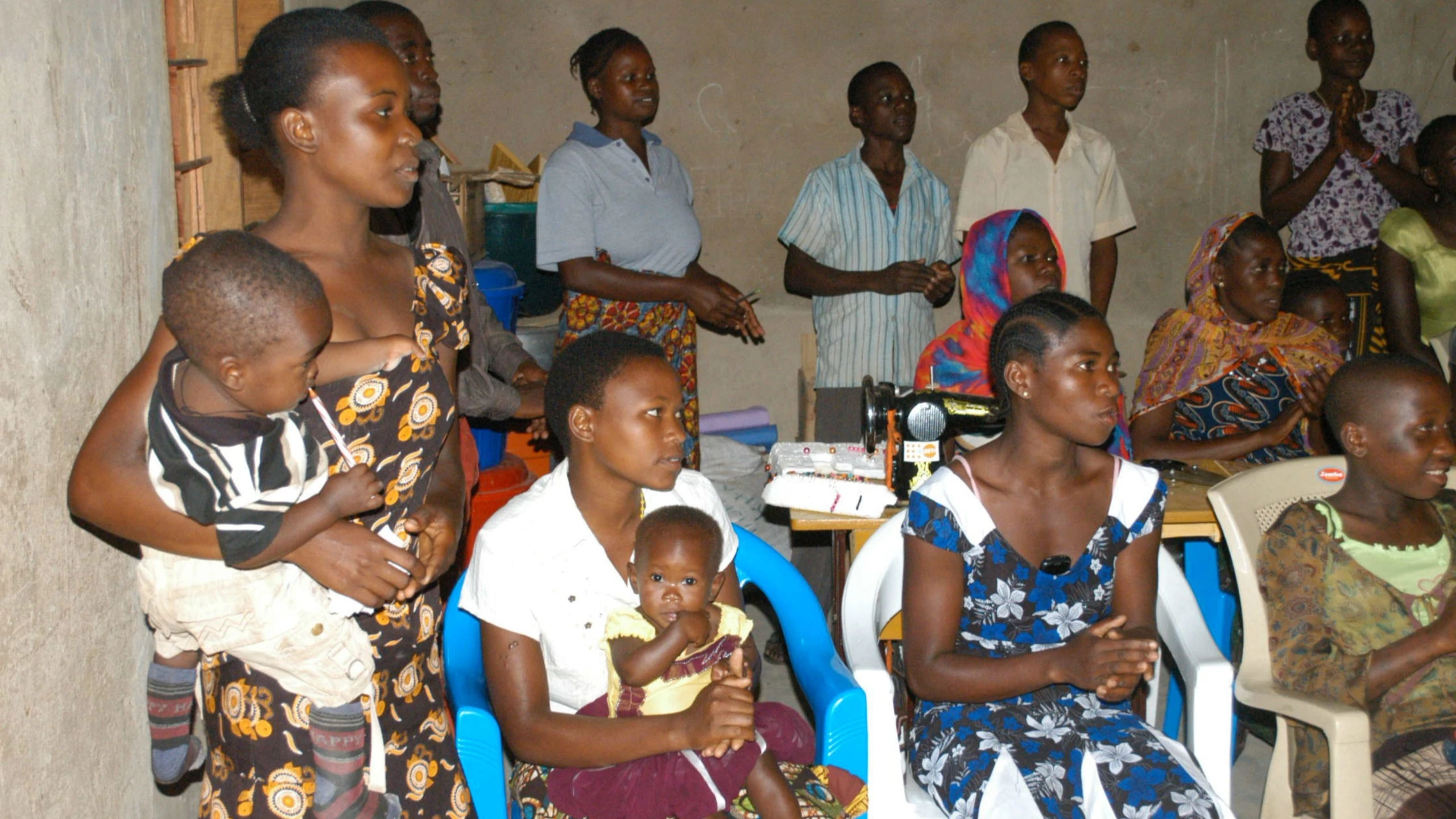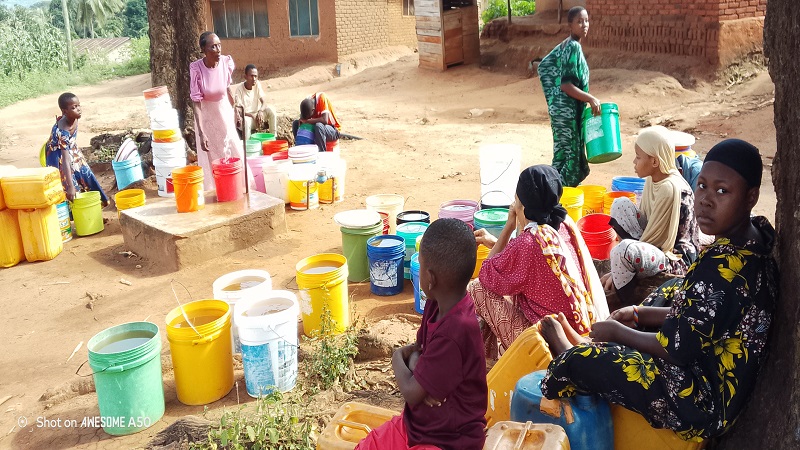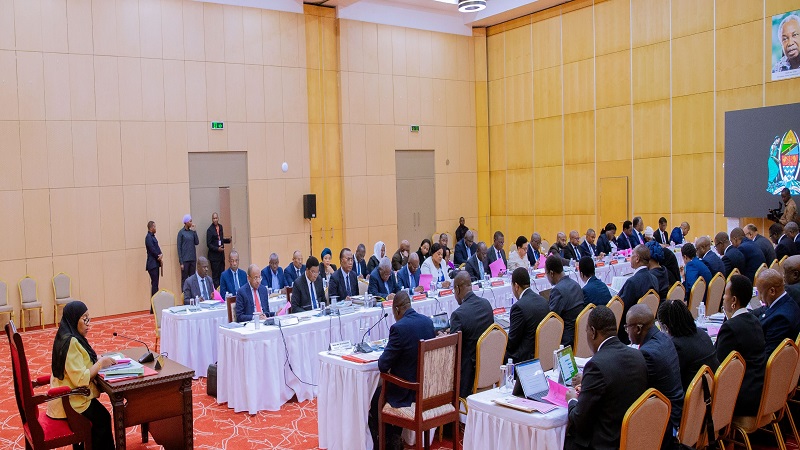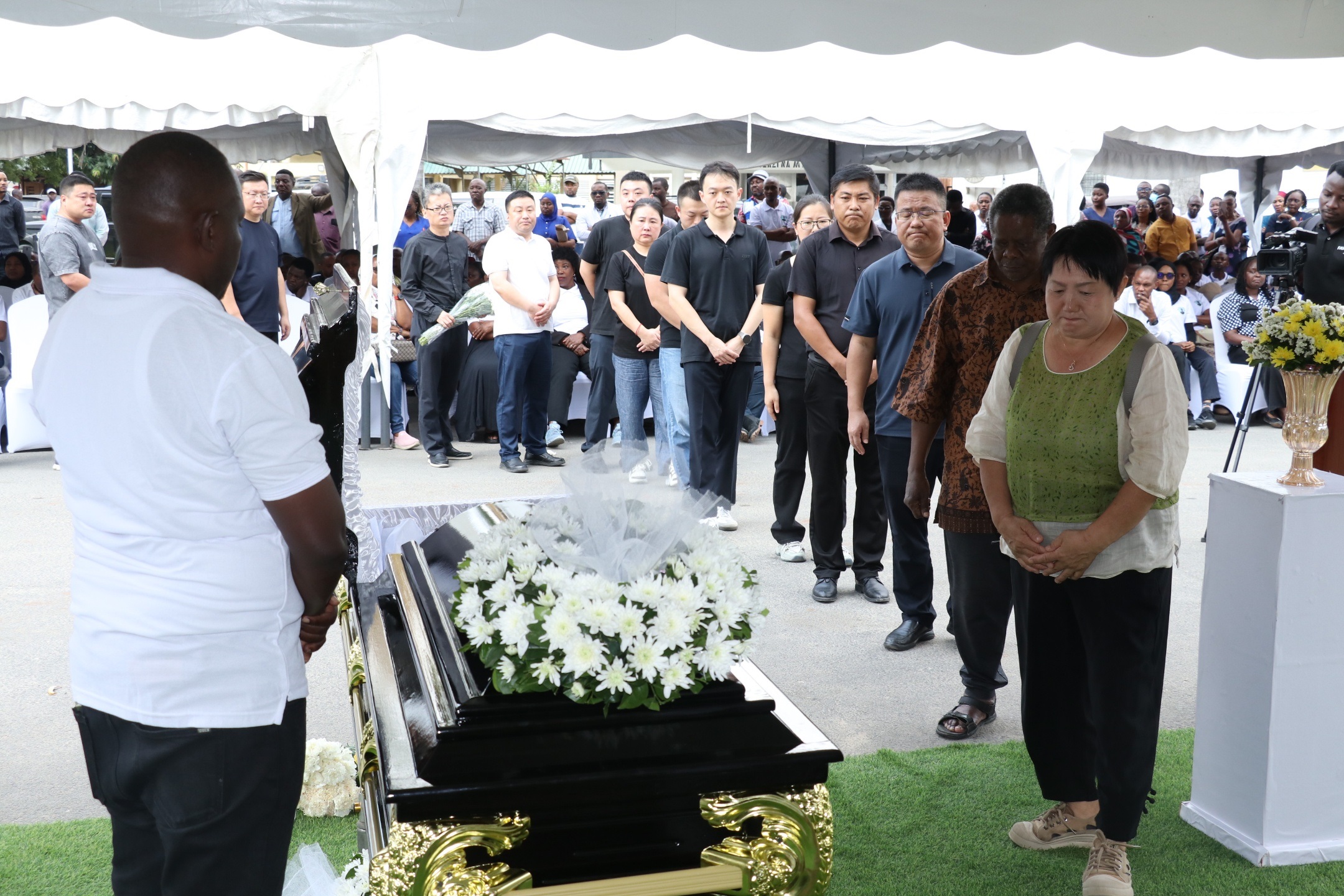Reproductive health massive interventions save 8.4bn/- in Morogoro
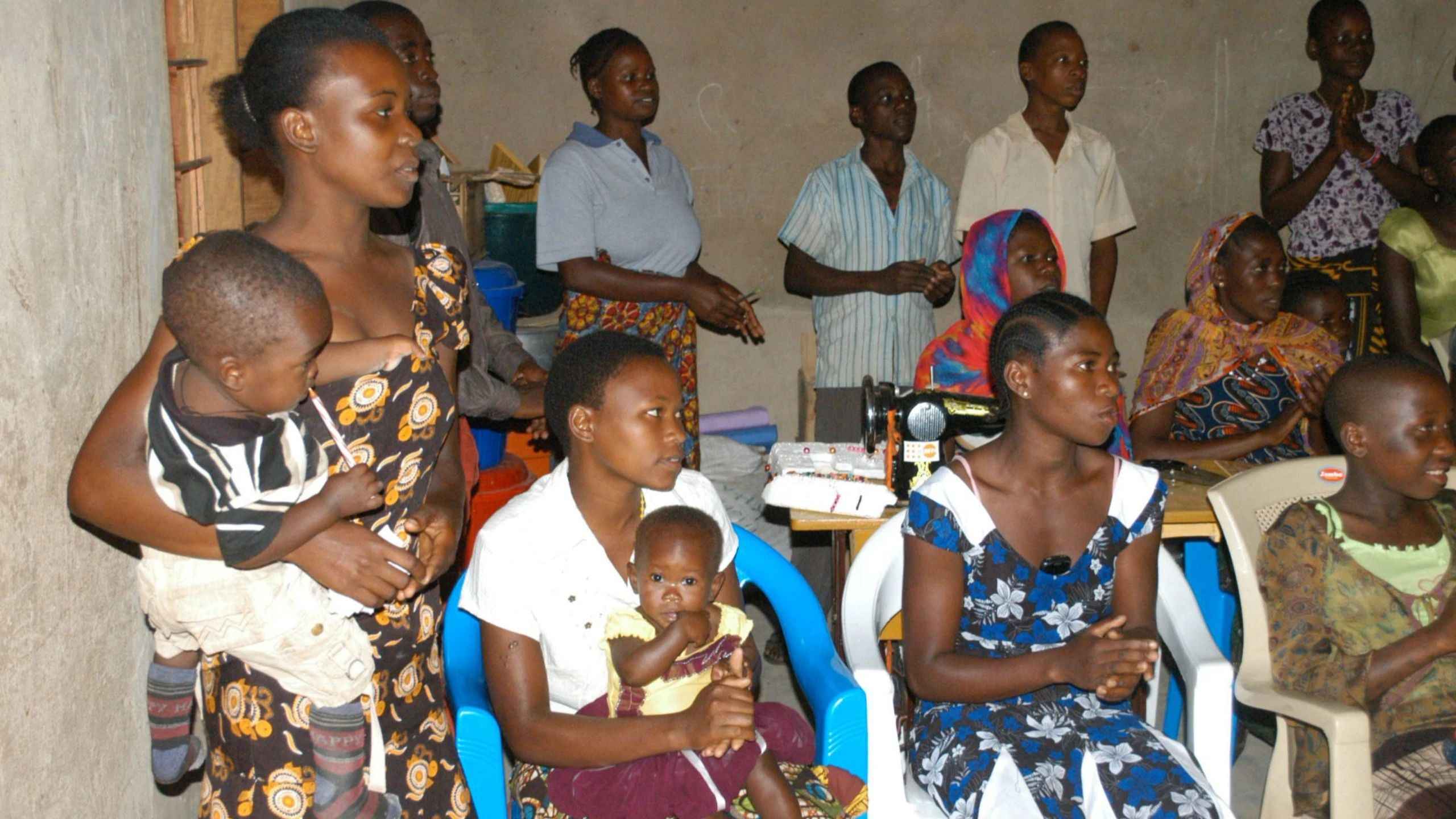
Reproductive health interventions implemented under the Youth for Health (Y4H) project in Morogoro region has saved a total of 8.42bn/- (GBP 2.4 million) from covering reproductive health services for women and adolescents during the past three years.
The saved amount could have been incurred by four district councils in Morogoro region in covering costs for complications mainly attributed to unsafe abortions and delivery.
The project, aimed at advancing adolescents’ access to family planning services, has led to saving such an amount for the period from 2022 to 2024 that would have been incurred by government-owned health facilities in four districts of Ulanga, Gairo, Morogoro, and Malinyi in Morogoro region.
Esther Lubambi, MST Head of Research, Monitoring and Evaluation says that the project jointly implemented by Marie Stopes Tanzania (MST), Sikika Tanzania, DSW and the respective district councils also involved an enterprise activities component that largely contributed to changing youth and adolescents’ attitude towards reproductive health.
Breaking down the project’s achievements, she says it successfully reached more than 42,000 adolescents and women by providing them with short-term and long-term family planning services, of which 44 percent are under the age of 25.
She asserts that among the project goals was enhancement of family planning services to reduce or even end maternal deaths.
According to her, between 2022 and 2024, the project has been able to save the lives of 32 women from unsafe abortions and birth complications. It helped to prevent 8,715 possible unsafe abortions and saved 32,000 from getting unintended pregnancies through sensitization.
In 2021, she says, 598 clients of various social groups received implant family planning services a month, the number which grew to 1,337 by the end of 2024, an increase of 230 percent.
However, 163 youths accessed implant family planning services a month before the project in 2021, which has increased to 707 after the project, an increase of 366 percent.
She asserts that the project results found that generally budget allocation sourced from domestic revenues by the district councils to fund Adolescent Sexual Reproductive Health (ASRH) is still a challenge that needs commitment to be well addressed.
Before the project, 10 percent of adolescents were accessing this service, but after the project, this has increased to 25 percent.
Richard Msittu, Sikika Tanzania Y4H Project Coordinator, says that the project reached more than 18,000 adolescents during its implementation.
Sikika Tanzania engaged more than 1,800 parents and guardians, engaged 159 government officials from the covered district councils alongside ministerial officials, 68 civil society organizations, reached about six million people through community radios programmes, and impressed 1.7 million people through social media platforms.
“The project also engaged community health workers. We are proud that the budget allocation for Reproductive Maternal Neonatal Child Adolescent Health for all districts has increased during the project implementation period compared to before,” says Msittu.
He asserted that the project results found that generally budget allocation sourced from domestic revenues by the district councils to fund Adolescent Sexual Reproductive Health (ASRH) is still a challenge that needs commitment to be well addressed.
Msittu was of the view that effective budgeting advocacy must be done during the government budgeting circle.
Amina Ramadhan, Fue village resident, Mikese Ward in Morogoro District says she has been involved in encouraging adolescents to attend weekend clinics on reproductive health.
She started doing this work after being trained by the project implementers. She did so in collaboration with community health workers and nurses from various health centers.
“Participating in this project has given me the ability to provide reproductive health education to adolescents through community radios, schools and through various sports events,” she says.
Asia Lomani, a student at Lupilo secondary school in Ulanga district, says that she is a peer group’s educator at the school. She says that the project has helped students discuss reproductive health issues openly without fear and shame.
“This project has led to the absence of unintended pregnancies among students because they have become aware of various practices of family planning. Previously, many girls dropped out of school due to pregnancy,” says Lomani.
Delphina Mwanjala, a nurse at Ipotipoli Dispensary in Ulanga District Council who doubles as a reproductive health service provider for youths, says she received training on family planning, youth-friendly consultation and reproductive emergency services in 2022.
She says before the training, she did not have a good understanding of how to properly provide implant family planning services. This scenario limited the provision of proper reproductive education to youths.
“The majority of youths have been visiting pharmacies when they are infected with sexually transmitted diseases instead of going to the hospital to get proper treatment due to fear. I have been able to sensitize them in villages to ignore such fear,” says Mwanjala.
Rukia Mwamba, a community health worker in Fue village, says that before the Youth for Health project, reproductive health awareness was low among villagers.
“The project is inclusive because it has touched people with disabilities and special needs. It has enabled us to reach them with reproductive health knowledge and thus save them from the risk of unintended pregnancies,” says Mwamba.
Joyce Mgangwa, Reproductive and Child Health Coordinator for Morogoro District Council, says that seven health centers were covered by the project.
She says that the project also involved sensitization for local government leaders. Two service providers in each health center were trained in implant family planning and reproductive health in general.
“This project has helped increase the number of clients who were coming to health centers to receive reproductive health services in Morogoro DC from 37 percent in 2021 to 47 percent last year,” says Mgangwa.
Dr Best Magoma, Morogoro Regional Medical Officer commended the Y4H project for impacting adolescents and women’s reproductive health services in Morogoro region.
“The project has been a success as it has met its target of reaching adolescents, youth and women. The most achievement with this project is the dedication of every Saturday for sensitizing youth on reproductive health-across all health facilities. We have already prepared the sustainability plan as the project has just ended,” says Magoma.
He acknowledged that the project has shaped for good the expertise of nurses, school teachers, and community health workers in dealing with reproductive health related issues in relation to community traditions.
Top Headlines
© 2025 IPPMEDIA.COM. ALL RIGHTS RESERVED











